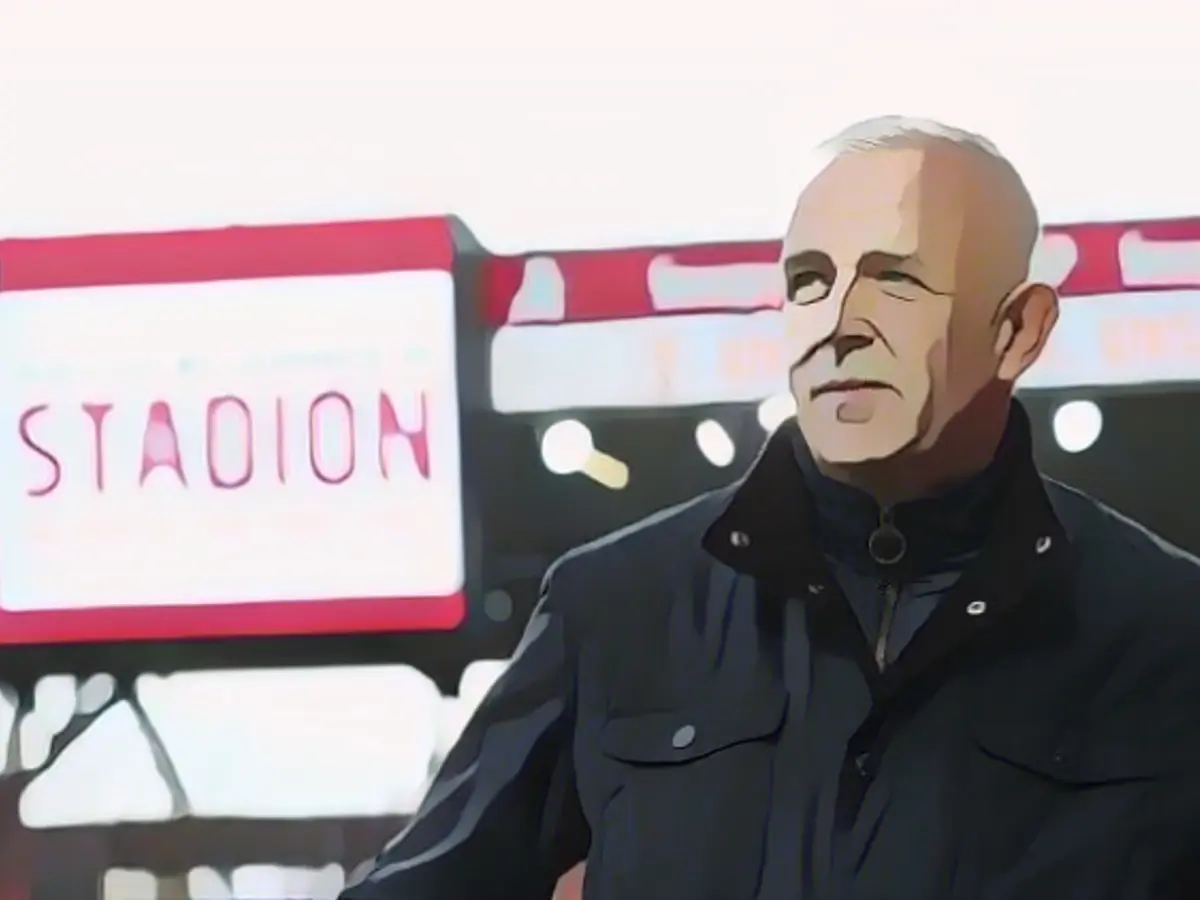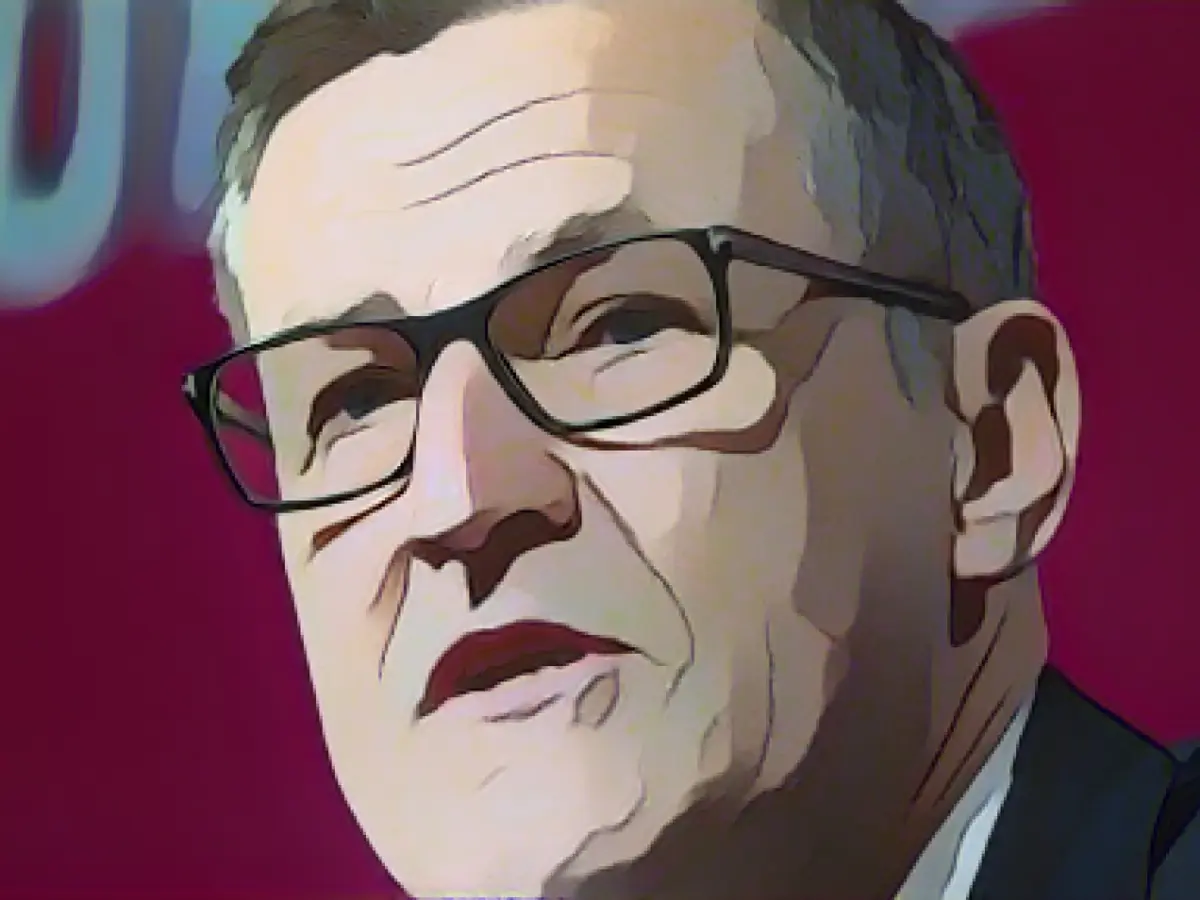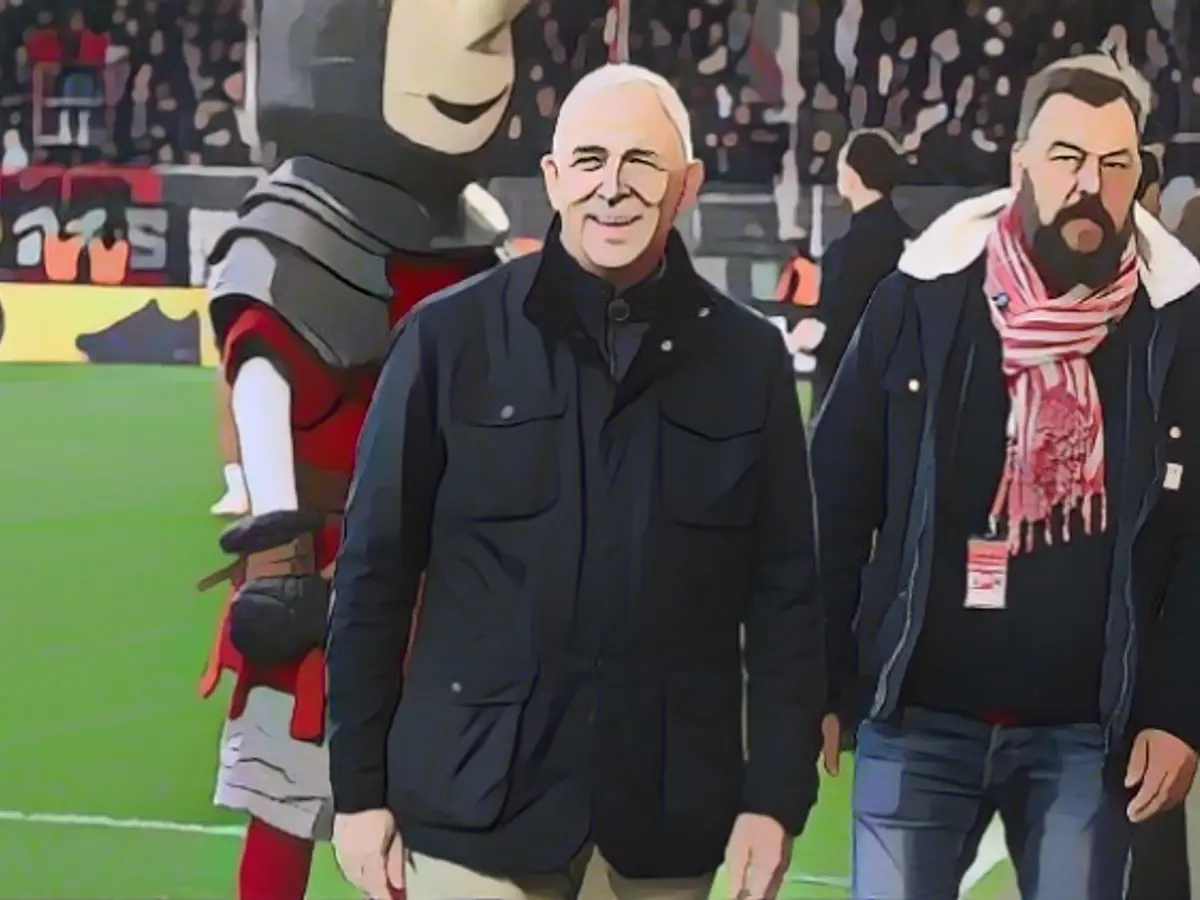Soccer's Commercialization Frustrates Fans' Protests
Recent protests at professional soccer stadiums show growing concerns among fans about the sport's direction. They worry about the impact of the DFL's upcoming investor deal, but these fears are nothing new. In fact, these concerns represent the latest chapter in a trend that has been evolving for decades.
Remember the 2006 World Cup in Germany, when fans thought they had reached the end of soccer's commercialization? Schalke legend Yves Eigenrauch, speaking 17 years ago, predicted that we'd soon see soccer's boom turn into a bust. But here we are, with professional soccer thriving and its commercialization showing no signs of slowing down.
Back in 2006, English fans' association "Supporters Direct" also voiced concerns about soccer's commercialization. Their representative, Dave Boyle, likened English soccer to a theater or an opera, noting that the authentic passion and fervor could not be found in those settings. Soon after, former Arsenal FC player Lukas Podolski echoed similar sentiments, praising the German soccer fans' loyalty and passion for their clubs despite the increasing commercialization.
The Unstoppable Machine of Commercialization
The root cause of this seemingly unstoppable commercialization trend lies in football's financial growth and global popularity. European football clubs attract substantial revenue streams like media rights and sponsorships, making them prime targets for investors seeking high returns. For instance, the value of the Premier League's TV rights deal has experienced a significant increase.
Furthermore, the sport's global reach creates yet another lucrative avenue for private capital investment. Private equity firms view undervalued revenue streams and asset valuations as a opportunity, often pushing the commercialization trend further. The post-pandemic financial distress experienced by clubs further opened the door for these investors to provide critical liquidity and financial support.
Fans' Limited Impact
Despite their concerns and vocal protests, soccer fans have yet to significantly slow down the commercialization trend. Observers like journalist Freddy Röckenhaus predicted in 2006 that the commercialization would continue, without collapsing. His assessment remains true today.
For instance, the so-called "Monday games" were eventually reinstated, but the symbolism of fan power was overstated. Other factors, such as club financial considerations, played a larger role in the DFL's decision. Similarly, the division into three match days will likely not be the final chapter in the ongoing commercialization saga, with the possibility of playing games on a fourth day of the week still on the table.
Lukas Podolski's Call for Radical Change
Lukas Podolski recently called upon soccer fans to take a radical approach to their protests, citing the need for more than a few token acts like tossing tennis balls to make a difference. However, the path to radical change remains unclear.
Fan Ownership and Control
Fan influence over the sport can impact the degree of commercialization. The Bundesliga's 50+1 rule, which ensures that fans retain a majority share, helps protect the sport from over-commercialization. In contrast, the Premier League is more open to private ownership, allowing for greater levels of commercialization.
Addressing Climate Concerns
Climate change also plays a role in the commercialization trend, as football continues to engage in high-carbon sponsorship deals and expand international tournaments without addressing the issue adequately.
Conclusion
In conclusion, soccer fans' concerns about the ongoing commercialization of the sport are valid and long-standing. While protests may have temporarily halted certain developments, the trend shows little sign of slowing down due to the combination of financial incentives, global popularity, and private capital investment. Fan protests, while important, have not been a significant factor in stemming the tide. It remains to be seen if Lukas Podolski's call for radical change can create a meaningful shift.
Additional Reading
References
- Major League Soccer Players Association v. Dartmouth College. (2020)
- Association of European Professional Football Leagues v CVC Capital Partners. (2021)
- UEFA, FIFPro, and FIFA's climate commitments and the football industry. (2022)








